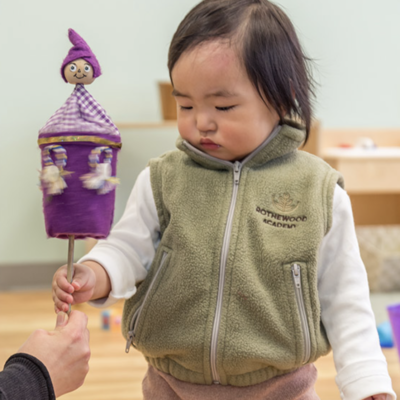One of the biggest challenges in a preschool classroom is handling students exhibiting challenging behaviour. These behaviours often hinder a teacher’s capacity to teach and maintain control of the classroom, affecting the overall productivity of a class. Therefore, an educator must know how to handle such conduct effectively. At Rothewood Academy, our preschool educators have years of experience dealing with challenging behaviour and have strategies to manage them.
What Are the Potential Causes of Challenging Behaviour in Children?
To appropriately handle difficult behaviour, it’s essential to understand what triggers it. Some potential triggers are:
- Ill health: Toddlers can act out when they’re in pain because they are unable to express their symptoms verbally.
- Change: Children can display disruptive behaviours when experiencing changes like switching schools, divorcing parents or bereavement.
- Learned behaviour: Children growing up in a setting where everyone behaves by acting out may think that confrontation and aggressiveness are acceptable and that misbehaving is the only way to get what they want. If everyone in the child’s growing environment acts that way, it can be hard to change the acquired behaviour.
- Behavioural issues: Sometimes learning difficulties and disorders like ADHD, autism can also cause children to express their feelings less appropriately.
How to Deal With Challenging Toddler Behaviour in a Preschool Classroom
Strategies our preschool educators use to manage challenging behaviour include:
1. Modelling desired behaviours
All adults in the school and especially the educators model the behaviour they would like to see in the classroom. Children are very aware of all adult presence in the preschool. However, the impact of the educators’ behaviour is the strongest. The educators are their role models.
Children see and hear how their teachers interact as team members, with parents and with other children. Children are sensitive to the language, choice of words, tone, and how educators respond in the classroom. Children also observe how educators cope with anger, frustration, sadness, and joy. They listen to how educators say “I’m sorry” or if they say it! The way educators handle life teaches the child how to behave. All educators in our preschools understand this and act accordingly!
2. Positive and supportive guidance
Positive and supportive guidance helps children as they learn self-regulation. It also helps children find appropriate ways to express their wants, needs, feelings and opinions. This is an ongoing process!
At Rothewood Academy, we are supporting a child’s independence and building self-confidence. Our educators understand and believe that guidance is not about control over a child, but about supporting a child in building self-control.
Educators support and guide children to restore their relationships after an injury or incident. Children are never forced to say “sorry”. Just repeating the words, “I am sorry” is neither sincere nor relevant at this level. Educators encourage children to help the other child to feel better by assisting in getting comfort items such as a tissue, band-aid or ice pack or just sitting with the injured child. This is sometimes helpful to both children. Sometimes, the injured or upset child may not be ready to have further interactions. This is ok, too. With this strategy, our goal is to help children learn that making amends takes time and goodwill. Educators build these strategies through stories, discussions and role-play during group meetings with the children.
3. Developing relationships with toddlers proactively
Children’s development depends on loving, dependable and responsive relationships. Children learn how to reason, understand, communicate, act and express emotions through relationships. The educators at Rothewood Academy get to know each child and form bonds with them. This creates a safe space for children where the children can converse openly and freely and share the issues that might make them restless in the classroom. Once teachers determine a cause, they’re able to find a solution.
4. Talking to parents
Maintaining close communication with parents is essential for managing challenging behaviour. Our educators speak to parents regularly to ensure the same boundaries are set at home as in the classroom and keep them informed if they notice challenging behaviour in their child. Talking to parents helps our educators learn how parents deal with issues at home and how to define strategies that are best suited for the child’s benefit.
Are You Looking for a Preschool and Daycare in Richmond?
At Rothewood Academy, we encourage every child to embrace their curiosity and creativity through play-based and natural learning environments and activities.
Contact us today to learn more about our schools or schedule a tour.

